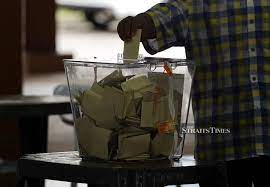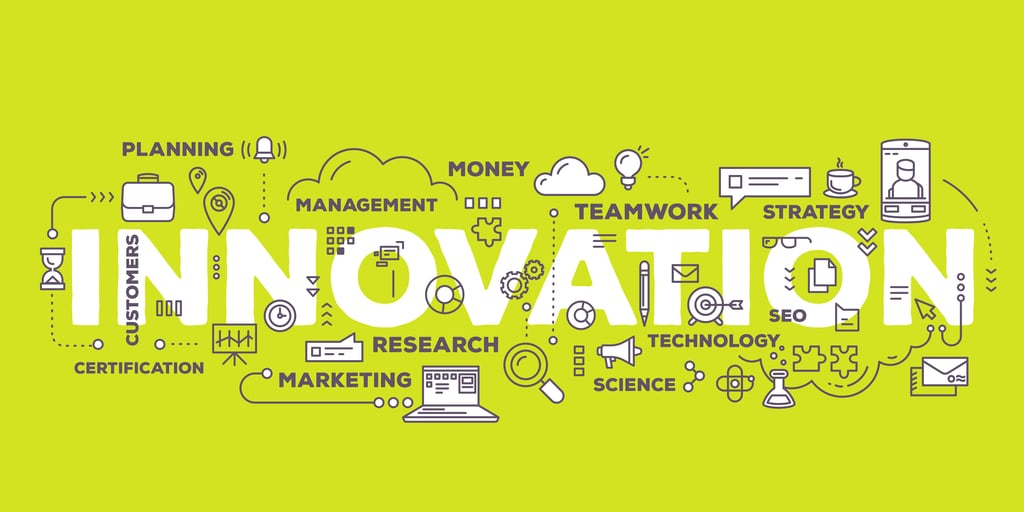By: Professor Dato Dr Ahmad Ibrahim, Tan Sri Omar Centre for STI Policy, UCSI University
SUBSIDIES have always been an important feature in the world economic management. Many countries use subsidies to kick start new economic initiatives. One example is the global initiative to embrace solar power and the renewables. They are also deployed to cope with rising prices, especially food and fuel. Not to mention to keep alive sectors which are slipping into inaction and malaise. Of course, subsidies to a great extent do cushion the impact of inflation, which is often fuelled by high energy prices. We can see this being played out right now as the world oil price stays stubbornly high, hovering around USD100 a barrel. The conflict in Ukraine is much to blame. There is no denying the fact that much of the initiatives to expand world food production is challenging without agricultural subsidies. Developed economies including the EU, USA and Japan spend large amounts of money to support agriculture.
Though there are many positive sides of subsidies, we have also been warned of the darker sides of improperly managed subsidies. Blanket subsidies have come under intense criticisms lately. Non-targeted subsidies often end up helping those who do not really need them, thus creating unnecessary wastage of a country’s resources. Talk of more targeted subsidies is gathering interest. I recently came across an article in the NST on how agricultural subsidies can harm nature. The article mentioned about New Zealand's experience with their agriculture industry which was once so heavily subsidised that slaughterhouse workers were earning more than airline pilots. There are more sheep than people in New Zealand. What has been disturbing subsidy watchers is that huge subsidies then meant vast swathes of the country's marginal land was cleared for grazing, fertiliser was overused, and the sheep population boomed to the point where surplus meat had to be destroyed. It soon became clear that the subsidy programmes took a toll on nature, not only polluting rivers, but also eroding soils, as unveiled in a UN study.
This prompted New Zealand to go for a total revamp in 1984. In a radical shift, the subsidies were either removed or phased out. The outcome was enlightening. Farming became more efficient while harmful practices such as the excessive use of chemical fertilizers decreased. Fertiliser use in fact declined by 50 per cent, according to the report. While agriculture remains a major source of the country's planet-warming greenhouse gas emissions, New Zealand is still held up by biodiversity campaigners as a "poster child" for reforming subsidies that harm nature and the environment. Around the world, it is estimated that government subsidies which can potentially harm nature amount to at least US$1.8 trillion each year, equivalent to 2 per cent of global gross domestic product. Admittedly, agriculture subsidies, at US$520 billion annually, are the largest drivers of ecosystem destruction, along with those for fossil fuels at US$640 billion which also impact climate change.
Agricultural subsidies for things like meat production and fertilisers are also considered a threat to long-term food security. Methane emissions from subsidised livestock are creating climate concerns as methane is the more potent GHG. What is happening in Brazil where vast tracts of forest land are cleared for cattle rearing has come under close global scrutiny. The world is warned that a decrease in fertile soil means 95 per cent of land worldwide could become degraded by 2050. Decisionmakers are calling for aggressive subsidy reforms to close most of the financing gap for biodiversity protection which is estimated at US$700 billion each year. However, analysts also say a major reason reform can be so difficult is that many powerful interests are beneficiaries of subsidies. Research has flagged that agricultural subsidies tend to disproportionately favour large farms at the expense of small farmers.
Subsidy is a double-edged sword. Prudently managed it can be positive for the economy. But over subsidization can result in negative repercussions on the economy. The experience in New Zealand is a case for us to ponder and re-evaluate our own subsidy schemes. What is clear is that subsidies in energy and agriculture need more diligent study. Their impact on nature and climate deserves scrutiny. Otherwise we may end up with the negatives outweighing the positives.











